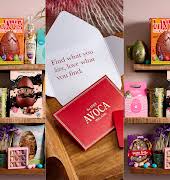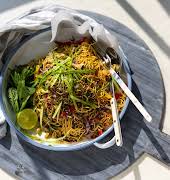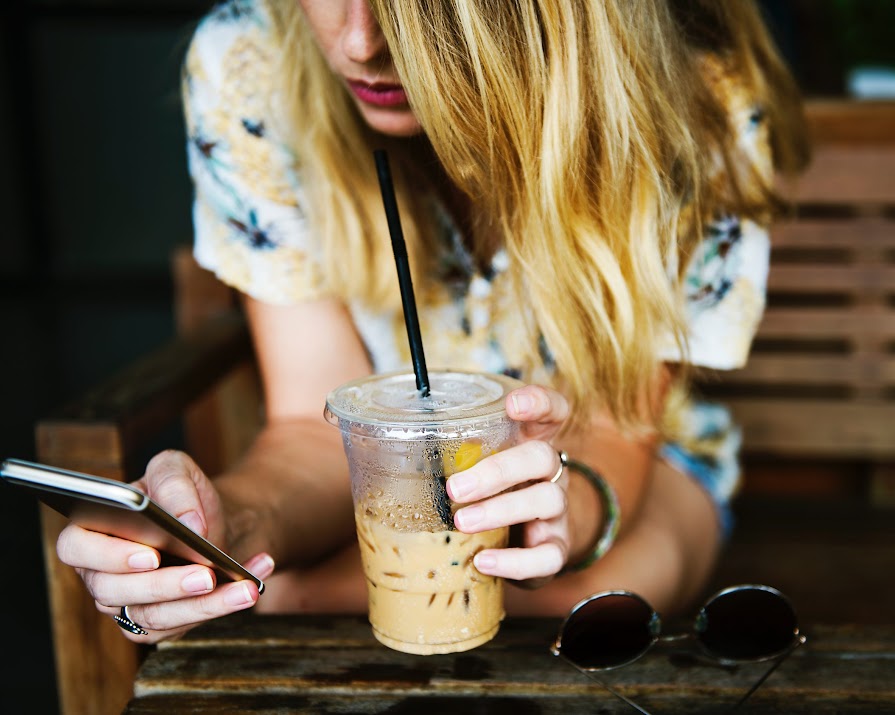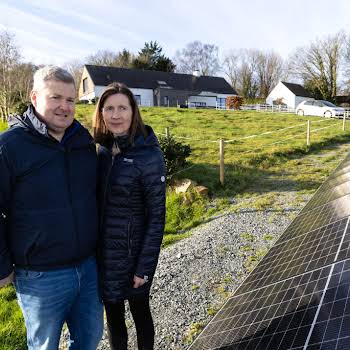By Grace McGettigan
01st Jan 2020
01st Jan 2020
Are you committed to reducing your carbon footprint this year? Here are eight easy ways to cut back on plastic waste in 2020
Plastic, by its very nature, does not biodegrade. That means every single piece of plastic that has ever been made is still floating around in our environment. It’s a scary thought. While it may have broken down into smaller pieces, it’ll never fully break down in a natural, eco-friendly way.
Because of this, tiny pieces get absorbed or consumed by wildlife – the same wildlife we rely on for food. A recent study released by NUI Galway this week shows that 73% of deep-water fish off the Atlantic coast of Ireland have plastic in their stomachs. That doesn’t factor in the fish swimming near the surface.
If you’d like to join the increasing number of people cutting back on their plastic waste, here are eight handy tips.
Takeaway cups
Many people think their takeaway coffee cups are made solely of cardboard. They look like cardboard, they feel like cardboard, but they’re actually made of plastic and are absolutely not recyclable.
While there is some cardboard in there, it’s infused with polyethylene, a plastic material that makes the cup waterproof. The recycling centre cannot separate these materials, so every day two million (!) throwaway coffee cups are sent to landfill, says Eamon Ryan, leader of the Green Party.
It’s time we all invested in Keep Cups, or flasks. Many coffee chains offer discounts to customers who bring in a reusable cup, because not only are you being environmentally friendly, you’re also reducing their waste costs.
A new ‘latte levy’ or cup tax is being considered by the government which would see an additional 10-15c being added to the price of a takeaway coffee. This is similar to the plastic bag levy that was introduced in 2002.
Fast fashion
Irish consumers are beginning to tire of so-called ‘fast fashion’ and they’re reaching for more sustainable, organic clothes. Everything from the amount of water needed to make an item to whether it can be recycled into something new is being taken into account.
Clothes made from synthetic fibres aren’t always recyclable, and the plastic elements within the garments can be flushed into the water system when they’re spun through the washing machine. Opt for organic fabrics instead, such as cotton or canvas.
Packaging is another issue. When you order clothes online, each item is wrapped individually in plastic, and then packaged together in a bigger plastic bag. If you’re really committed to cutting down on your waste, try reverting back to shopping in-store. Pop your items into a recyclable paper bag, or even better, a jute bag.
Carrier bags
Most of us bring a collection of trusty carrier bags to the supermarket every week, and while they might be reusable, many of them are still made of plastic. Use jute or cotton bags instead.
Jute is a versatile vegetable fibre that is often on the underside of carpets and rugs. It can be woven into a sturdy carrier bag that is strong enough to carry your heaviest of groceries.
For lighter shopping trips, use a cotton carrier bag. These materials are completely biodegradable, recyclable, and eco-friendly.
Nappy sense
For families with children of nappy wearing age, it’s worth investing in biodegradable ones. Disposable nappies end up in landfill, and considering how many nappies the average baby pees through, that’s a heck of a lot of waste.
It’s important to note that biodegradable nappies should be disposed of in a compost bin. They don’t break down properly or quickly enough if thrown into landfill with the rest of your rubbish.
Food wrapping
Ditch cling film in favour of tin foil when wrapping food. As long as the foil has been cleaned of mayonnaise (and whatever else you had on your sandwich) it can be added to your domestic recycling bin.
Beeswax Wraps are another great alternative for wrapping and covering food, but it’s a little bit harder to get your hands on. Typically available to be ordered online, these wraps are made from cotton, oil, pine tree resin and beeswax. They’re stretchy, malleable and sticky (in a good way, so as to keep your food airtight).
Fruit and veg
If the reason you don’t buy loose veg is that ‘anyone could have been mauling them’, you need a better excuse. Almost all produce, whether it’s packaged or unpackaged, must be washed before use to remove any residual bacteria or pesticides from the farm. If you’re going to be washing it anyway, buy loose, not plastic.
Another way to cut back on your plastic waste is by purchasing whole fruits rather than mini tubs of prepared fruits. Sure, the tubs are convenient and they even come with a handy plastic fork, but they’re also damaging the planet. Shop wisely!
Soap
Use a bar of soap rather than a plastic pump of liquid soap. In some cases, bars of soap are sold loosely, and if not, they’re often wrapped in paper which can then be recycled. Retailers such as Lush have a wide selection of unwrapped soaps, bath bombs, shampoos and conditioners, so you won’t be stuck (or unclean) by cutting out plastic waste.
Straws
A video showing a sea turtle with a drinking straw up its nose went viral in 2015, touching the hearts of restaurant and cafe owners everywhere. A team of experts rescued him off the coast of Costa Rica – but what about the millions of other straws that could harm his turtle friends?
According to the campaign group, The Last Plastic Straw, 500 million straws are used every day in the US alone. That’s enough to wrap the circumference of the earth 2.5 times. To combat this, many businesses have introduced paper and steel straws, and they’re only being given to customers who ask for them.
We can all play a role in the reduction of straw waste. If you don’t absolutely need one, don’t take one.
Photo: Unsplash
Read more: ‘Eye-opening and empowering’: this climate change experience at Powerscourt is a must
Read more: ‘If the bees die, so do we’: The apocalyptic reality of bee extinction
Read more: This eco-friendly tampon brand is helping to fight period poverty in Ireland






















